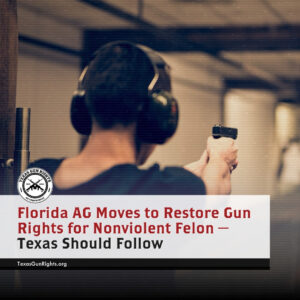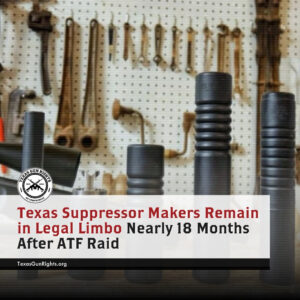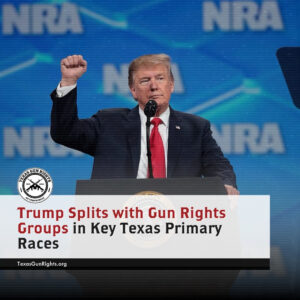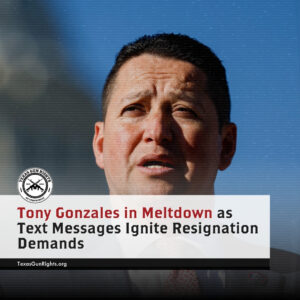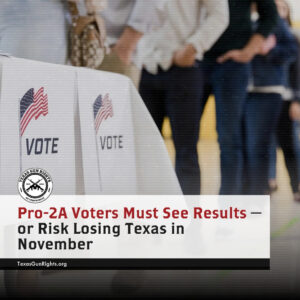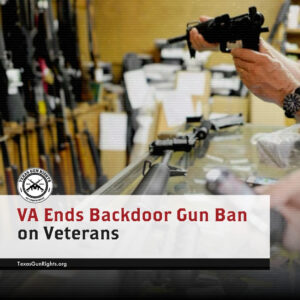February 14, 2024
In an unprecedented move, major professional sports leagues, including the NHL, NBA, MLB, NFL, NASCAR, and the NCAA, have taken a collective stance urging Congress to enact stricter gun control by reauthorizing the Undetectable Firearms Act (UFA).
This plea for legislative action contrasts sharply with the position of 74 members of the U.S. House of Representatives who, on February 1, implored Speaker Mike Johnson to resist any permanent reauthorization of the UFA.
The House members’ letter to Speaker Johnson underscored the critical importance of rejecting a permanent reauthorization or expansion of the UFA, pointing out the opportunity for the Republican conference to demonstrate its commitment to America by standing firm against such measures. The letter highlighted concerns that the continuation of the UFA would allow the Bureau of Alcohol, Tobacco, Firearms, and Explosives (ATF) to redefine terms, thereby extending the scope of firearms regulation under the Act.
The Undetectable Firearms Act, initially passed in 1988, was born out of apprehension surrounding the introduction of polymer-framed handguns like the Glock 17. Misunderstandings about these firearms’ detectability fueled fears they would elude metal detectors, becoming the preferred weapon of criminals. However, the Act was ultimately modified to exclude any adverse effects on existing handguns, following a compromise.
Today’s technology, particularly 3D printing, has brought new challenges and opportunities to firearm manufacturing. The UFA now hinders the production of smaller, lighter, and more efficient handguns by imposing weight requirements that do not align with the current demand for easily concealable firearms. This demand has been further amplified by the Supreme Court’s decision in NYSRPA v. Bruen, highlighting the need for legislative adaptability in the face of evolving firearm technology and consumer preferences.
Moreover, advancements in security technologies, such as AI detection and sensor-based body scanning, have significantly reduced the relevance of the UFA as a public safety tool. The Act, as it stands, serves more as an outdated mechanism of gun control than an effective measure of public safety.
Renewing the UFA not only perpetuates unnecessary fear-mongering about “ghost guns” — a term concocted by gun control advocates to describe homemade firearms that lack serial numbers — but also places undue regulatory burdens on individuals engaged in the longstanding American tradition of gunsmithing. This tradition, deeply embedded in the nation’s history, faces unwarranted restrictions under the guise of addressing a non-existent public safety issue.
The professional sports leagues’ call for the UFA’s reauthorization, while perhaps well-intentioned, overlooks the Act’s implications for law-abiding citizens who wish to exercise their right to build firearms. It fails to acknowledge that such measures will not effectively prevent crime or save lives but will instead infringe upon the freedoms of Americans under the pretext of enhancing public safety.
As gun rights advocates and lawmakers push back against the permanent reauthorization of the UFA, it is essential to recognize that the path to genuine public safety lies not in restrictive gun control laws but in respecting the rights of individuals and addressing the root causes of crime. The battle over the UFA’s future underscores the ongoing debate between safeguarding public safety and preserving individual freedoms, a debate that will undoubtedly continue as the nation navigates the complexities of gun control legislation.
Tell your lawmakers to OPPOSE the UFA TODAY!



